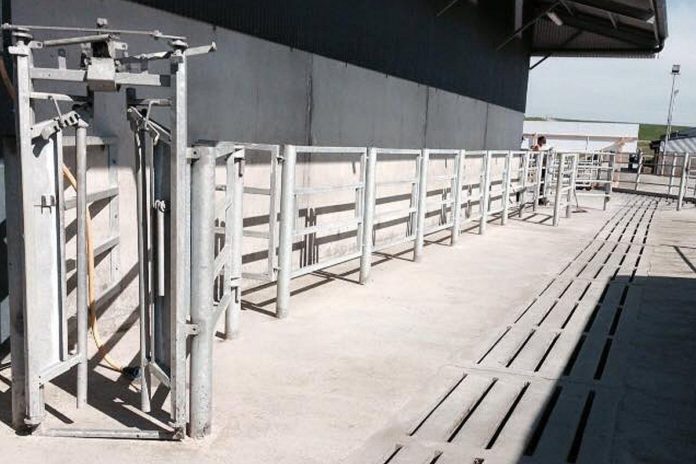IBR Testing – NBWS
IBR testing is one of two mandatory measures in the recently announced National Beef Welfare Scheme (NBWS), which is open to suckler farmers from August 3rd, 2023.
IBR – known as Infectious Bovine Rhinotracheitis – is an infectious disease of cattle commonly impacting the nose and upper airways, caused by the Bovine Herpes Virus-1 (BoHV-1).
Under this scheme, which replaces the BEEP-S in the former CAP, herd owners are required to engage a vet of their choice to blood sample and test up to 20 bovine animals per herd. Herdowners must contact their PVP to arrange this testing.
Where a herd comprises fewer than 10 animals, all animals must be tested, whereas if a herd consists of 20 animals or more, 20 animals must be tested.
The DAFM advises that the PVP should randomly sample animals that are ideally over 9 months of age and destined to be used for breeding purposes.
Labs
A vet will submit the collected blood samples to an ISO 17025-accredited laboratory for testing of bovine serum IBR gE antibodies within 3 days of sampling.
When providing samples to labs, PVPs (private veterinary practitioners) must supply information such as:
- Herd number;
- Name of herd owner;
- Address of herd owner;
- PVP’s name;
- Practice name;
- Practice address;
- Name of testing lab;
- Date of blood sampling;
- Number of animals tested;
- Details of samples submitted – tag number and tube number;
- Sign and date the form.
Scheme payment will only issue after verification that the requisite number of samples have been submitted to the accredited laboratory by 5:30 pm on November 1st, 2023.
According to the scheme’s terms and conditions, this is the last date by which the labs will be able to provide data to ICBF for verification purposes for the DAFM to issue payments on.
The laboratory will report the test results to the vet and the vet will then contact the herd owner with the results and follow-up advice and plan if necessary.
There are currently seven labs in Ireland approved for testing of bovine serum by ELISA for IBR gE antibodies as follows:
- Oldcastle;
- IML;
- Farmlab;
- Agri-Food and Biosciences Institute;
- Animal Health Laboratories;
- Agridiagnostics;
- Enfer.
A herd-level ICBF dashboard will also be available to the herd owner and their vet to facilitate the interpretation of sample results.
More information to follow on www.thatsfarming.com





